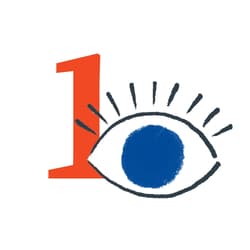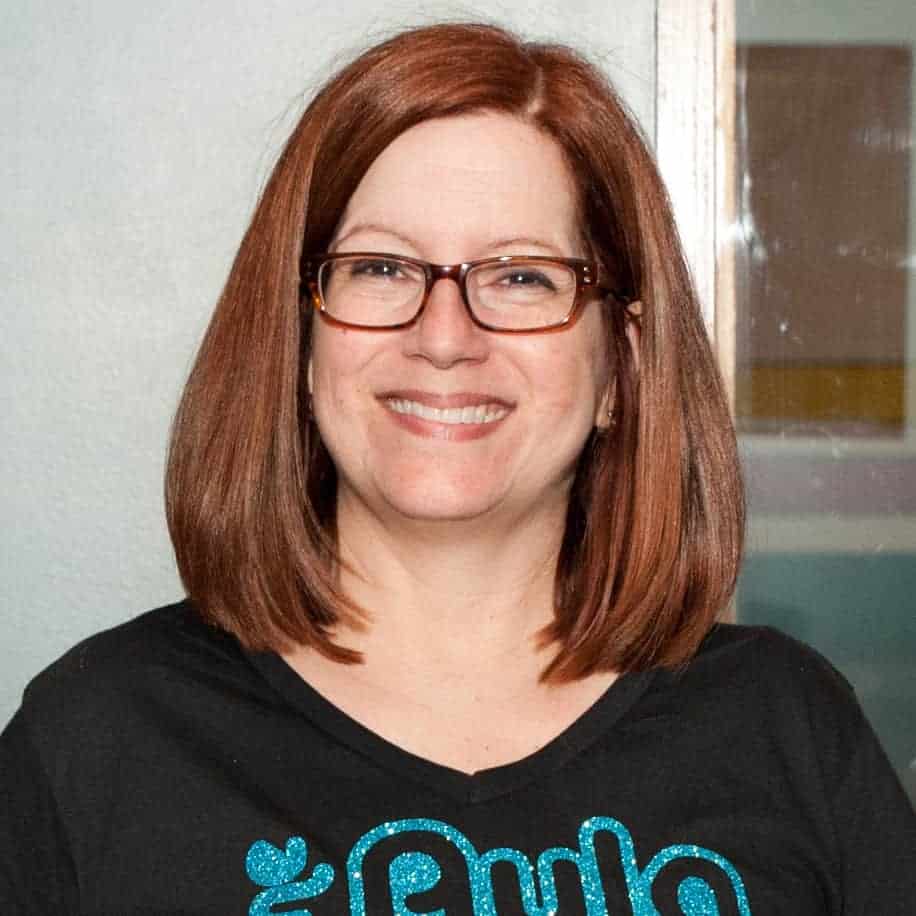Does this sound familiar?
It’s been decades since you first started wrestling with food and your body.
Or, COVID and other recent life circumstances upended your health and eating habits.
And here in midlife? Rather than finally being free to “not care,” your eating has gotten worse and everything that used to work no longer does. WTF.
And now, your doctor wants you to do something about your lab work too or told you to lose weight.
You danced and sweated to the oldies with Richard Simmons. Did aerobics at Bally’s. You went spinning in neon rooms. You’ve watched dieting culture evolve from Weight Watchers to points-based apps, from low-fat to keto, from body acceptance to anti-diet. And now even your favorite body positivity influencer is on Ozempic.
And yet, here you are, still thinking about food and using it in unhelpful ways more than you’d like—being “good” during the week only to give yourself a pass on weekends, or maintaining control all day until evening when your “I deserve this” and secret eating kicks in.
What weighs heavily on your heart is knowing that all this food preoccupation and unsupportive habits are affecting your health and how you want to show up in the world.
And now, it’s not just about weight anymore. You’re navigating warning light cholesterol and A1C numbers, hormonal shifts from perimenopause to menopause, anxiety, sleep issues, and other health considerations that make your relationship with food even more complex.
And, with so much uncertainty in the world, you know food is one thing you can control. Not in a diet culture way, but in a “I want to feel grounded, strong, and capable” versus overwhelmed, anxious, and reactionary.
You Know What To Do, But Still Struggle To Do It
Let’s be honest – you’re not lacking information about healthy eating.
After decades of experience, you understand nutrition basics: eat mostly whole foods, get lots of variety for your gut, and limit sugar and alcohol to keep your blood sugar balanced (and cravings at bay).
You might have even explored functional medicine, precision nutrition, or intuitive eating. Maybe you’ve worked with nutritionists, coaches, or therapists over the years.
And yet, something keeps getting in the way of doing what you know you should—consistently—especially during:
- Those moments when you’re exhausted after a long day of at work and your kids want more than you have left to give
- Times of uncertainty like with your health, which might require losing weight, but you feel powerless or life transitions
- Food and life situations where you wonder, “What am I missing? Why is this so much easier for everyone else?” or “Am I doing enough?”
In these moments, your good intentions vanish, and you reach for foods that don’t align with your health goals or values.
Traditional approaches want you to believe you just need more willpower, more discipline, more rules (and more recurring revenue for them).
But after exhausting these approaches and some therapy or coaching that’s made you feel stronger, you suspect something deeper is still happening, but you can’t put your finger on it.
You’re right: There IS something else going on.
Welcome. I’m glad you found my work. It’s probably time for your next profound step.
Especially if you’re tired from trying to survive with broken tools and want to rebuild your eating habits on a strong foundation.






